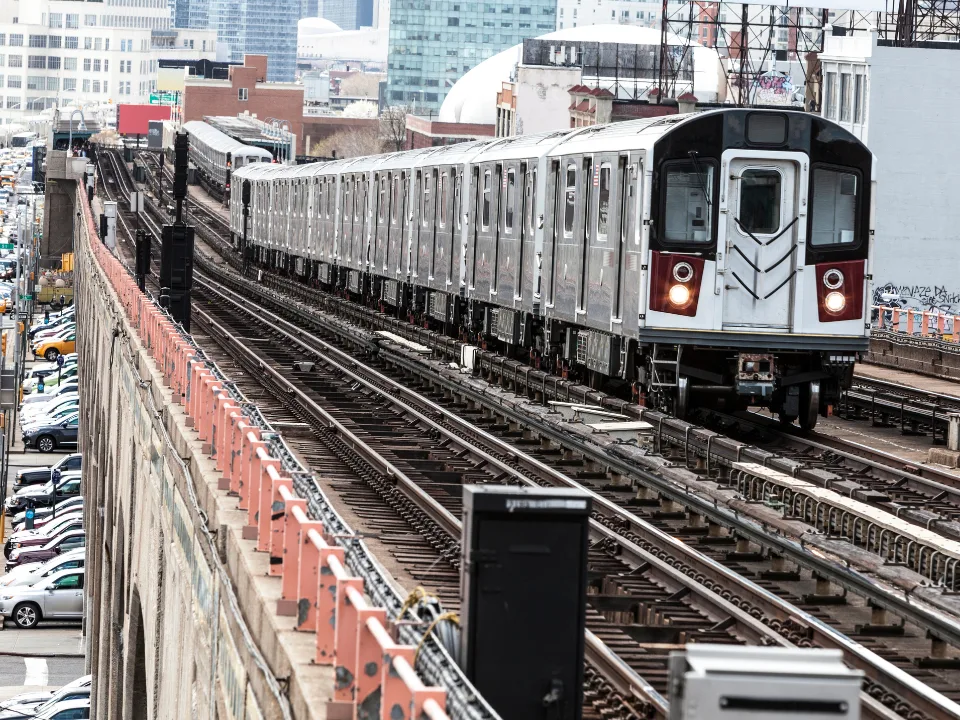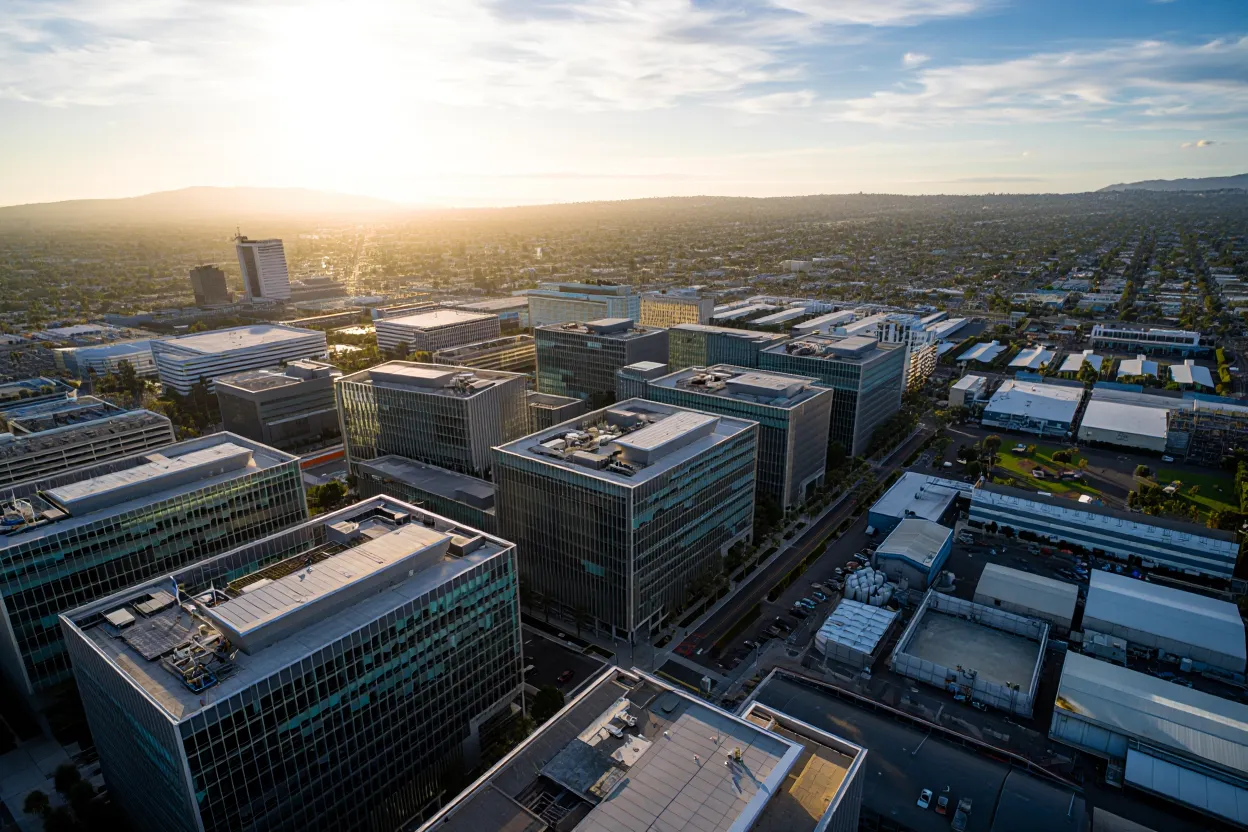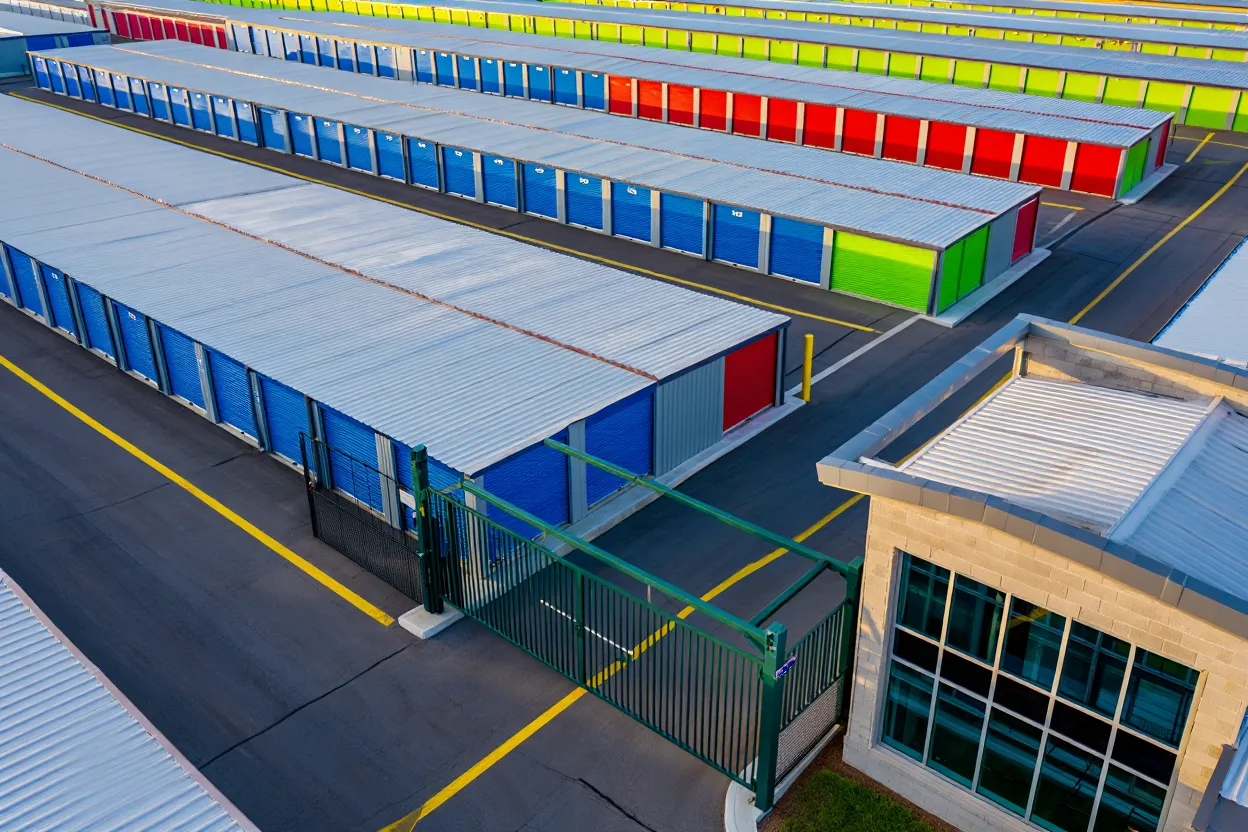- Nashville’s skyline has transformed dramatically, with 68% of current units built in the past 10 years, leading to a high vacancy rate.
- Nashville’s population has also surged, making it one of the fastest-growing metros in the U.S., with significant job growth from major companies.
- Despite last year’s dip, multifamily investments in Nashville are showing signs of recovery in 2024, driven by strong fundamentals.
Nashville has enjoyed a multifamily construction boom in recent years, attracting new residents and jobs at an unprecedented rate, as reported by Commercial Observer. However, this surge has also led to an apartment oversupply and higher vacancy rates.
Construction Boom
Music City currently ranks fifth among the largest U.S. metros in terms of the number of apartment units under construction compared to the existing inventory. The Chamber of Commerce highlights that 68% of the city’s apartments were only built over the past 10 years (since 2014), the highest such construction boom in the country.
This led to an inevitable oversupply problem, with Matthews Real Estate Investment Services reporting a 10.8% vacancy rate in 2Q23, the highest in 20 years. As a result, concessions to attract tenants are up, averaging around 8.8% of asking rents in December 2023. Yet just two years ago, only one out of every 20 apartment communities was offering concessions.
Correction Underway
Construction starts slowed down this year, with Nashville’s multifamily construction pipeline dropping to 20K units in Q1, 27% less than the city’s end-of-year 2022 pipeline.
Meanwhile, Nashville’s population has grown by 81K since 2020, making it the eighth-fastest-growing metro area nationwide. This growth includes more than 37K new residents in 2022 and over 31K in 2023.
Job Opportunities
Unsurprisingly, Nashville’s job market is thriving, with Oracle (ORCL) bringing 8.5K jobs and Amazon (AMZN) adding 5K jobs despite recent layoffs.
The Bureau of Labor Statistics reported 2.1% job growth in November 2023, higher than the national average. RealPage forecasts even more job growth, boosting long-term optimism for the city’s multifamily market.
Future Outlook
In 2021 and 2022, multifamily accounted for the majority of the city’s real estate sales, with $6.1B in changing hands in 2022 alone. And although 2023 saw fewer transactions, 2024 is showing signs of a revival.
Many developers, like SomeraRoad and Southwest Value Partners, are confident in Nashville’s long-term prospects. They’re busy kicking off new projects, like Prima at Paseo South Gulch and Nashville Yards.
CoStar also reported 184% higher net absorption this year compared to the recent lows in early 2023. So, as the national economy stabilizes and renter demand inches up, the supply and demand gap should keep shrinking.
















